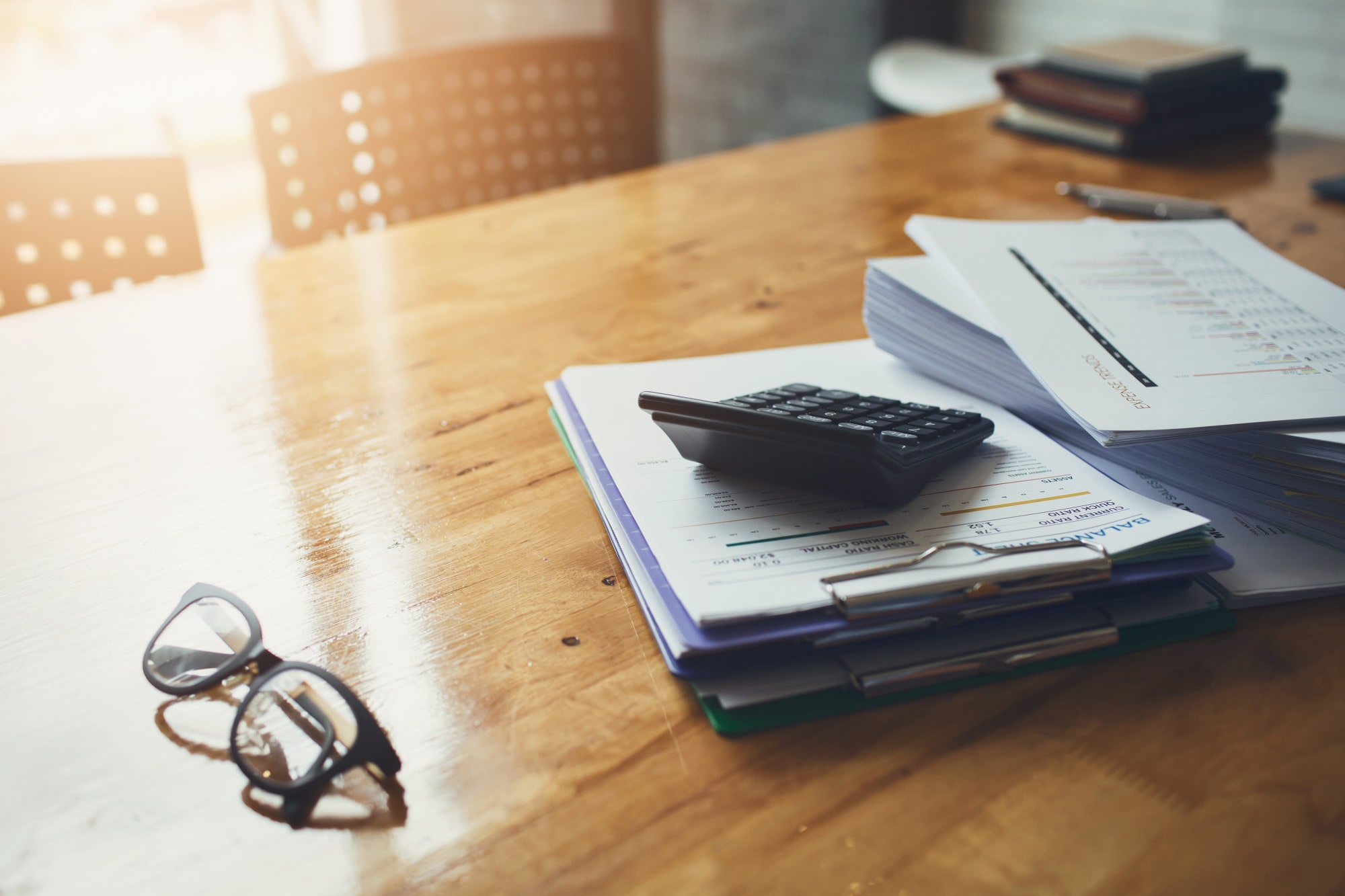Are you a Virginia homeowner curious about how property taxes affect you? If that's the case, this article is perfect for you.
Property taxes are a necessary expense that help fund essential government services. But the process of calculating, paying, and potentially appealing them can be overwhelming and confusing.
It's crucial for homeowners to have a solid understanding of how property taxes work in Virginia to budget and plan accordingly. In this article, we'll break down the basics of property taxes in Virginia. And provide you with all the necessary information to make informed decisions about your property taxes.
What Are Property Taxes?
Property taxes are a type of tax that homeowners pay based on the assessed value of their property. The taxes fund local government services such as schools, parks, roads, and public safety.
In Virginia, property taxes are calculated by multiplying the property's assessed value by the local tax rate. The estimated value is determined by the local government's assessment office, which considers factors such as the property's location, size, and condition.
The tax rate varies by county and is set by the local government each year. The rate is usually expressed as a percentage of the assessed value.
For example, if your property is assessed at $200,000 and the tax rate is 1%, you would owe $2,000 in property taxes for the year.
When Are Taxes Due in Virginia & Can You Lower Them?
In Virginia, property taxes are due twice a year, on June 5th and December 5th. If you fail to pay your property taxes on time, you may be subject to penalties and interest charges.
You can potentially lower your property taxes in Virginia in a few ways. One way is to appeal your property assessment if it is too high.
You can do this by contacting your local assessment office and providing evidence that your property is not worth as much as they assessed it for.
Another way to lower your property management taxes is to take advantage of any tax exemptions or deductions you qualify for.
For example, Virginia offers a tax exemption for disabled veterans and their spouses. Deductions are available for homeowners who make energy-efficient upgrades to their homes.
What Happens if I Don't Pay My Property Tax in Virginia?
If you fail to pay your property taxes in Virginia, the local government may place a lien on your property.
This means they can legally claim ownership of your property if you fail to pay your taxes and penalties within a certain amount of time.
They can also sell the lien to a third-party investor, who can collect the debt from you and potentially foreclose on your property.
Property Management Made Easy
In conclusion, property taxes are a necessary part of owning a home in Virginia.
By understanding how they are calculated, when they are due, and how to potentially lower them, you can better plan and budget for this expense.
If you're struggling to pay your property taxes, it's essential to contact your local government and explore your options for assistance. Get in touch with us if you're interested in taking your property to the next level.



.png)